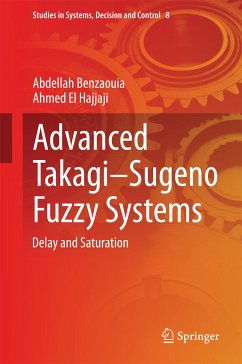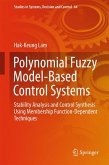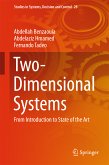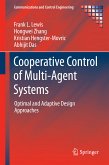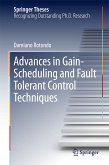Control saturations are taken into account within the fuzzy model. The concept of positive invariance is used to obtain sufficient asymptotic stability conditions for the fuzzy system with constrained control inside a subset of the state space.
The authors also consider the non-negativity of the states. This is of practical importance in many chemical, physical and biological processes that involve quantities that have intrinsically constant and non-negative sign: concentration of substances, level of liquids, etc. Results forlinear systems are then extended to linear systems with delay. It is shown that LMI techniques can usually handle the new constraint of non-negativity of the states when care is taken to use an adequate Lyapunov function. From these foundations, the following further problems are also treated:
· asymptotic stabilization of uncertain T-S fuzzy systems with time-varying delay, focusing on delay-dependent stabilization synthesis based on parallel distributed controller (PDC);
· asymptotic stabilization of uncertain T-S fuzzy systems with multiple delays, focusing on delay-dependent stabilization synthesis based on PDC with results obtained under linear programming;
· design of delay-independent, observer-based, H-infinity control for T-S fuzzy systems with time varying delay; and
· asymptotic stabilization of 2-D T-S fuzzy systems.
Advanced Takagi-Sugeno Fuzzy Systems provides researchers and graduate students interested in fuzzy control systems with further approaches based LMI and LP.
Dieser Download kann aus rechtlichen Gründen nur mit Rechnungsadresse in A, B, BG, CY, CZ, D, DK, EW, E, FIN, F, GR, HR, H, IRL, I, LT, L, LR, M, NL, PL, P, R, S, SLO, SK ausgeliefert werden.

